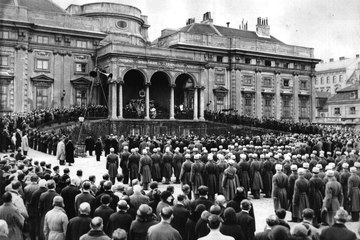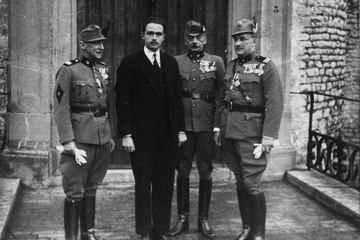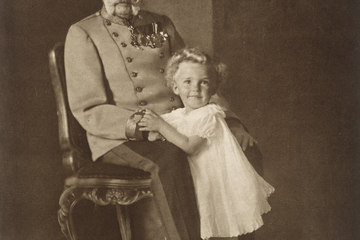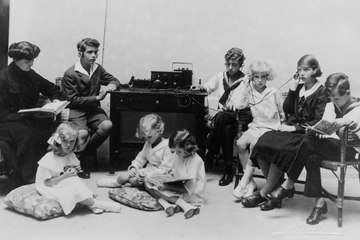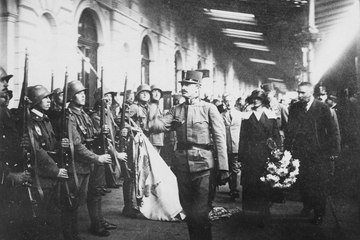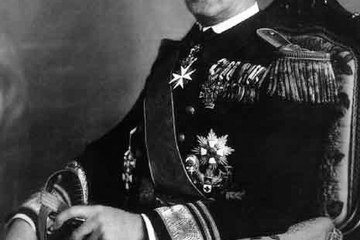Delenda Austria – Austria must be destroyed!
In view of the authoritarian measures that destroyed the political life and tender roots of democratisation during the First World War in Austria-Hungary, the political representatives of the Czech people remaining in the country had little scope for action. Politicians in exile took over the initiative and worked actively for the creation of an independent Czech state.


